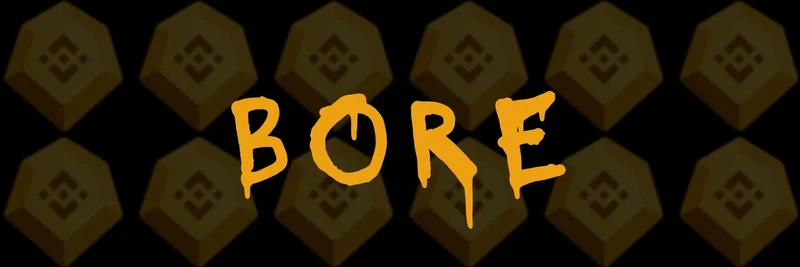Hey there, meme coin lovers and DeFi enthusiasts! If you're into the wild world of cryptocurrency and want to level up your game as a liquidity provider (LP), you’re in for a treat. The latest LP Education Livestream Pt. 2 from Orca is packed with goodies, and we’re breaking it down for you right here on Meme Insider. Let’s dive into what makes this livestream a must-watch for anyone looking to master adaptive fees and LP strategies!
What’s in the Livestream?
Orca, a popular player in the DeFi space, dropped this livestream replay that’s all about educating LPs—those awesome folks who keep the crypto markets flowing by adding liquidity to pools. Here’s what you can expect:
- ELI5 Breakdown of Adaptive Fees: Ever wondered how adaptive fees work? Think of them like a smart pricing system that adjusts based on market craziness. When prices are jumping all over the place, fees go up to reward LPs who stick around. It’s like surge pricing for Uber but for crypto trading!
- Thought Processes of an LP: Get inside the mind of a liquidity provider. This part of the stream reveals how LPs decide where to put their money and how they spot the best opportunities.
- Live Example of Scouting LP Opportunities: Watch a real-time demo of how to hunt for the next big LP move. It’s like a treasure hunt, but with crypto rewards!
You can catch the full replay via the link in Orca’s tweet, and trust us, it’s worth your time if you’re serious about DeFi.
Why Adaptive Fees Matter
Adaptive fees are a game-changer in the world of decentralized finance. Unlike fixed fees (which stay the same no matter what), adaptive fees shift with market volatility. This means LPs can earn more when the market is wild, which is pretty cool if you’re willing to weather the storm. According to Orca’s official docs, these fees are designed to reward LPs dynamically, making it a smarter way to provide liquidity.
Imagine you’re an LP during a meme coin pump—prices are all over the place, and traders are scrambling. With adaptive fees, you’d get a bigger slice of the pie for keeping the pool stable. It’s a win-win if you play it right!
Real Feedback from the Community
The livestream got some love on X, and the reactions are gold. Users like @Zagorodnikolga called the adaptive fees breakdown “simple—love it! 🙌”, while @0xDegenza praised it as “super insightful” with a “clear breakdown” and “real LP thinking in action.” This shows the community is vibing with Orca’s approach, and it’s a sign that this education push is hitting the mark.
Bonus Insights from Orca’s Thread
Orca didn’t stop at the livestream. Their thread also touches on some deeper thoughts about market dynamics. In a related post, they mention, “Real traders aren't entering opportunities; they're providing exit liquidity,” hinting at how algorithms are taking over human trading. Paired with an eye-catching image (check it out below), it’s clear Orca is pushing the envelope on how we think about liquidity in crypto.
How This Fits into the Meme Coin World
At Meme Insider, we’re all about keeping you in the loop on the latest crypto trends, especially those tied to meme tokens. While Orca’s focus isn’t solely on meme coins, the principles of adaptive fees and LP strategies can totally apply. Imagine providing liquidity to a meme coin pool like $DOGE or $SHIB during a hype cycle—adaptive fees could boost your earnings when the market goes bonkers!
Get Started with Orca’s LP Game
Ready to jump in? Head over to Orca’s website to learn more about setting up your LP position. Whether you’re a seasoned pro or a newbie, this livestream is a fantastic starting point. Plus, with Orca’s commitment to a “world-class experience,” you know you’re in good hands.
Final Thoughts
The LP Education Livestream Pt. 2 is a goldmine for anyone looking to deepen their DeFi knowledge. From understanding adaptive fees to scouting LP opportunities, Orca is laying out the roadmap for success. So grab a coffee, hit play on that replay, and let’s ride the wave of crypto innovation together!
Got questions or want to share your own LP tips? Drop them in the comments below—we’d love to hear from you!




